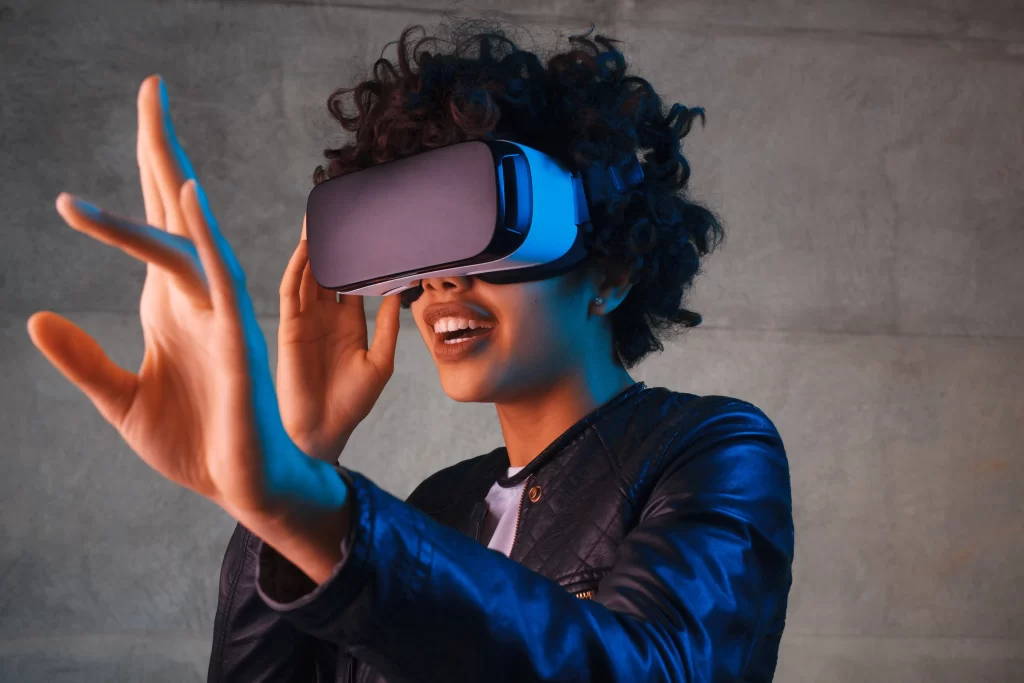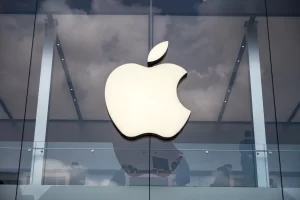Interactive Experiences Take Center Stage: Immersive Marketing Shaping Consumer Engagement
2 min read
A new era of marketing is dawning, driven by the rise of immersive experiences that captivate and engage consumers in unprecedented ways. Companies are embracing cutting-edge technologies to create interactive campaigns that blur the line between marketing and entertainment, reshaping the future of consumer engagement.
Virtual reality (VR), augmented reality (AR), and mixed reality (MR) are at the forefront of this transformation. Brands are leveraging these technologies to transport consumers into captivating digital worlds, allowing them to explore products, services, and narratives in ways that were once unimaginable.
For instance, luxury fashion brands are using AR to enable customers to “try on” virtual clothing and accessories from the comfort of their homes. Car manufacturers are offering virtual test drives, allowing potential buyers to experience the thrill of driving without leaving their living rooms. Such interactive experiences deepen brand connections and enable informed purchasing decisions.
Even traditional advertising formats like billboards and posters are undergoing a digital makeover. QR codes and AR markers transform static visuals into interactive gateways, delivering captivating multimedia content to smartphones and wearable devices. This blurring of physical and digital realms creates a seamless bridge between the offline and online worlds.
Interactive storytelling is also gaining prominence. Brands are crafting immersive narratives that unfold across multiple platforms, from social media to VR experiences. Consumers become active participants in the story, allowing them to engage on a deeper emotional level and forge lasting connections with the brand.
While the potential of immersive marketing is immense, challenges persist. Technical barriers, user adoption rates, and the need for creative innovation are areas that marketers are actively navigating. Additionally, ensuring a balance between interactive engagement and respecting consumer privacy is of paramount importance.
As the marketing landscape evolves, the power of immersive experiences is undeniable. Brands that master the art of immersive marketing stand to benefit from higher consumer engagement, enhanced brand loyalty, and a competitive edge in a rapidly evolving digital marketplace. As technology continues to evolve, so too will the ways in which consumers interact with brands, ushering in an era of marketing that transcends traditional boundaries.







